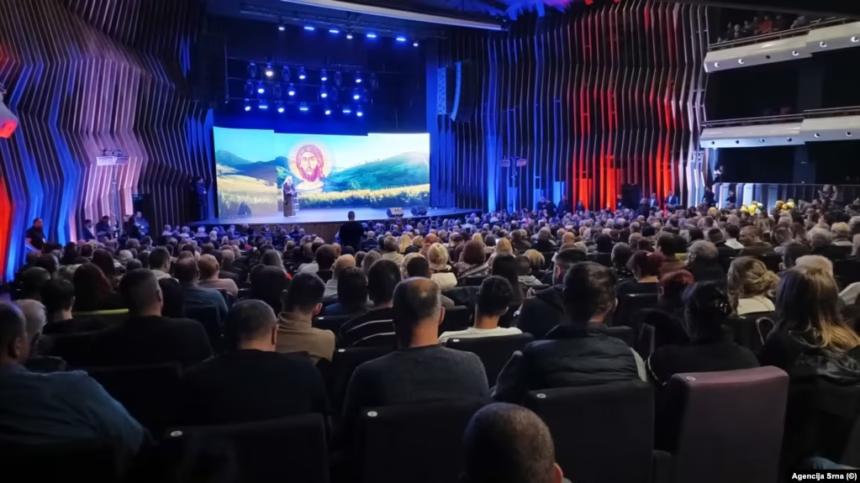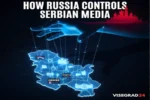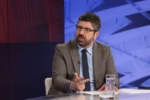The European Commission has sharply warned that Serbia’s relations with Russia cannot continue as normal, following the opening of a branch of the Russian Historical Society in Belgrade, an organization closely linked to the Kremlin and Russian state media.
In a statement to Radio Free Europe (RFE/RL), a European Commission spokesperson stressed that Brussels expects Serbia to demonstrate its strategic alignment with the European Union, especially in the context of Russia’s unprovoked war of aggression against Ukraine.
“We have been clear with all our partners, including EU candidate countries such as Serbia: relations with Russia cannot proceed as if nothing has happened, particularly under the shadow of Russia’s unjustified and illegal aggression against Ukraine,” the spokesperson said.
She added that European Commission President Ursula von der Leyen reiterated this message during her recent visit to Belgrade, emphasizing that the EU needs to be convinced of Serbia’s strategic direction.
Despite being an EU candidate country, Serbia has refused to join Western sanctions against Russia, maintaining close ties with Russian officials and pro-Moscow organizations.
The Russian Historical Society, established by the Russian Academy of Sciences and state-controlled outlets RIA Novosti and Interfax, formally opened its Belgrade branch on October 26, 2025. The newly formed council in Serbia is chaired by Aleksandar Vulin, a pro-Russian politician, head of the Socialist Movement, and former Serbian intelligence chief.
Vulin, who was sanctioned by the U.S. State Department in 2023 for alleged corruption and ties to Moscow, declared during the founding assembly that the new society would serve as a hub for those who see Serbia as a country that will “fight without hesitation for the peaceful creation of the Serbian world” and remain a “true ally of Russia and China.”
His comments have drawn criticism as a direct challenge to Serbia’s EU accession path, reinforcing perceptions that President Aleksandar Vučić’s government continues to balance dangerously between East and West.
The U.S. State Department declined to comment on the establishment of the Russian Historical Society in Serbia.
The move comes amid rising concerns in Brussels and Washington that Belgrade is drifting closer to Moscow, despite repeated EU calls for alignment with the Union’s foreign and security policies.
By allowing such organizations to flourish, analysts argue that Vučić’s government is legitimizing Russian influence in Serbia, undermining the credibility of its European integration agenda.







